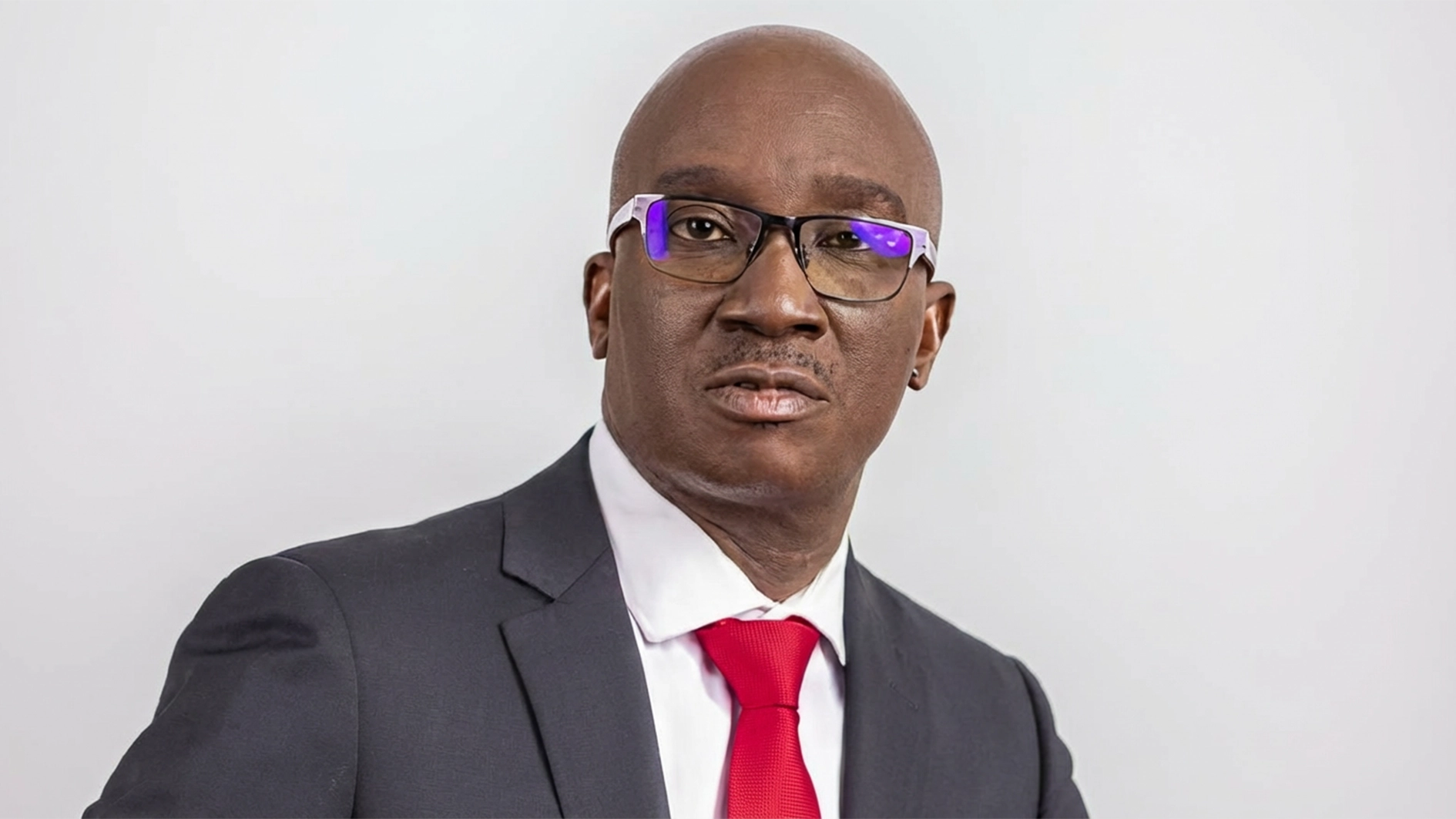Community women leaders in Imo State have pledged support to end female circumcision, forced marriage, ill-treatment of widows, Osu cast system, and other socio-cultural practices affecting women in the state.
They made the promise at a one-day women leaders forum organised by a non-governmental organisation, Community Life Protect, with the theme: The Role of Women Leaders in Building Just and Healthy Families and Communities; held in Owerri, over the weekend.
The women leaders, drawn from Obibi Uratta communities in Owerri North council of the state, also expressed concern over the prevalence of gender-based violence (GBV), sexual harassment on women, among others.
They stressed that such actions not only affect women’s physical, emotional, and mental well-being, infringe on their human rights, but also hinder their general growth, development, and progress in society.
Mrs. Opara Edith, Mrs. Anyasodo Evelyn, Mrs. Oparaugo Angela, Mrs. Amadi Chidinma, Mrs. Eleazu Stella, among others, called on government and other concerned stakeholders to urgently intervene by ensuring that existing policies on the protection of women’s rights are strengthened and fully implemented for the good of all.
According to them, “As a result of some existing cultural norms and beliefs, some of us, especially widows and other vulnerable women, suffer grave psychological trauma and hardship. We struggle to survive and to fend for our children. Our voices are often silenced, and sometimes we are considered non-existent.
“Today, we thank Community Life Protect for this training because it has afforded us the opportunity to speak out. We seek support for a better and healthier living. We demand equal treatment and support for enhanced welfare and development,” Mrs. Oparaugo said.
Speaking to newsmen during the event, Celine Osukwu, Programme Manager of the group, said the forum was designed to engage and encourage women to contribute to efforts towards achieving healthy, happy, and just families, communities, and society at large.
“Experience has shown that women face numerous social pressures within the family and community settings, and these pressures are affecting their happiness and fulfilment, and in some cases, leading to death.
“So we expect that this training is an opportunity for women to discuss and identify harmful cultural norms, beliefs, and practices that affect the health, happiness, and overall well-being of women in our communities as well as proffer solutions to them.
“Aside the support we have gotten from these women here on ending these negative socio-cultural practices in our communities, we are also going to take them up as we meet other community stakeholders, including traditional rulers and youth leaders, believing that together, we will find lasting solutions to them,” she added.






